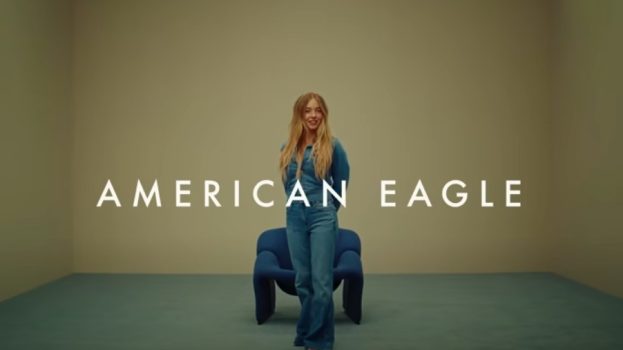Music purists might feel differently but, the fact is, most Canadians couldn’t care less when a favorite song is used in a commercial.
This is one of the findings from a music research study, In the Name of Cool, conducted by Chart Communications, Toronto publisher of music magazine Chart, and research house The Solutions Group.
The survey, which consisted of in-depth telephone interviews with 1,216 Canadians aged 15-plus across Canada last November/ December, found that 62% of Canadians agree or strongly agree that they don’t mind hearing a song they like as part of a tv commercial. An additional 10% are neutral – meaning two out of three are not offended in the least.
However, a substantial minority – 28% – do mind hearing their favorite tune used to pitch a product, and disagree with the statement, says Kaan Yigit, president of The Solutions Group.
Yigit says he was surprised by the relative apathy expressed by the majority of respondents, especially in light of the recent brouhaha over the use of a popular Bob Dylan tune in a bank commercial.
‘It seems to me that it was overblown in the media as to what people felt,’ says Yigit, adding that the people most likely to be offended, according to survey findings, were baby boomer males – the very same people in top media positions.
He says that acceptance of music in advertising, like anything else, has to be considered in context. The Bob Dylan case, for example, may have raised more ire than usual because of the fact that a slick – and highly-profitable – financial institution had the audacity to use one of Dylan’s protest songs.
Advertisers take note: the two groups showing the most laissez-faire attitude towards music in advertising, according to the study, were women and Quebecers. British Columbians were more likely to be found in the 28% group of cynics.
The study also examined Canadians’ attitudes toward sponsorship of musical events and artists. A solid core group – 22% – said they would make an effort to support sponsoring companies.
Yigit says consistency is key for music sponsorships because the cluttered landscape means a lot of it actually goes unnoticed. He also says that sponsor advocates – those who would go out of their way to support a company that regularly sponsors a certain event or artist – tend to be divided by musical tastes.
Besides advertising and sponsorship issues, In the Name of Cool examined music preferences (and found that Canadians can basically be pegged into seven tribes), purchase habits (17% of Canadians account for 55% of music share), media use (Internet users are high purchasers of music), music-related attitudes (the top reason for not buying music is time constraints) and retail preferences, according to Yigit.
Yigit would not release the full survey because it is supported by sponsors, many of whom were interested in adding specific questions to the survey. In fact, Yigit says he was surprised at the response and says his clients range from the expected record labels to a department store chain and an airline. He says that, until now, there has been no comprehensive national study of Canadians’ music tastes and preferences – information to date has been mainly anecdotal.
Chart Communications and The Solutions Group plan to use this year’s study as a benchmark and carry out new research annually.
Statistically, the results of the survey are accurate to plus or minus 2.8 percentage points for the population, 19 times out of 20, according to The Solutions Group.























